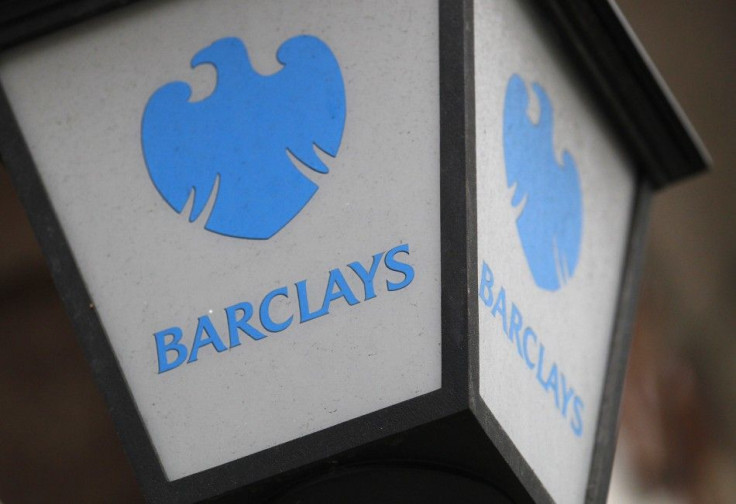Barclays To Sell Entire Stake In BlackRock For $6.1 Billion

Barclays PLC (London: BARC), the UK's second-largest bank by assets, said Monday it plans to sell its $6.1 billion stake in U.S. asset manager BlackRock Inc. (NYSE: BLK), as the tougher global regulatory environment has made the holding less attractive.
Barclays acquired the 19.6 percent stake in BlackRock three years ago, when it sold its in-house asset management business Barclays Global Investors to BlackRock for $13.5 billion. Barclays was paid $6.6 billion in cash and $6.9 billion in BlackRock shares.
Shares of Barclays rose in London more than 2 percent, while BlackRock shares in the U.S. fell $1.01 to $170.90 in Monday trading.
BlackRock, based in New York, has agreed to repurchase $1 billion worth of the stock. The remainder of the stake will be listed on a stock exchange.
The offering will be run by Barclays Capital, Morgan Stanley and BofA Merrill Lynch as joint book runners. Pricing is expected on May 23.
The decision came as Barclays faces pressure from investors to boost its return on equity above 13 percent and prepares for the strict new Basel III rules due to come into effect next January. Under the new regulations, Barclays would have to set aside capital against minority stakes in asset managers to cushion itself against any decline in the value of the holding.
BlackRock's shares were worth $227 each in 2009, but the price dropped to $140 last September, prompting Barclays to write down the value of its holdings by 1.8 billion pounds ($2.84 billion) at the time to a fair value of 3.4 billion pounds ($5.4 billion). The bank has said that it did not expect the share price to return to its previous levels in the near term.
Last month, Barclays CEO Bob Diamond said the firm achieved an adjusted return on equity that exceeded 12 percent in its first quarter, but noted that the operating environment remains unpredictable.
We will be proactive and seek to lead the agenda on recovery and resolution planning, which is a critical step to eradicate 'too big to fail,' while continuing to remain closely engaged with regulatory agencies and governments, he said.
Barclays reported in April a better-than-expected increase in first-quarter earnings, reflecting stronger investment banking results and improving credit quality. The bank said pretax profit, adjusted for one-time charges, rose 22 percent, to 2.4 billion pounds, from the year-ago period.
However, investors were not happy with Barclay's executive pay packages and employee bonuses. At the company's annual general meeting in late April, 26.9 percent of shareholders who voted said no to the bank's 2011 pay report, compared with 9.66 percent who voted against the previous year's pay report.
© Copyright IBTimes 2024. All rights reserved.






















